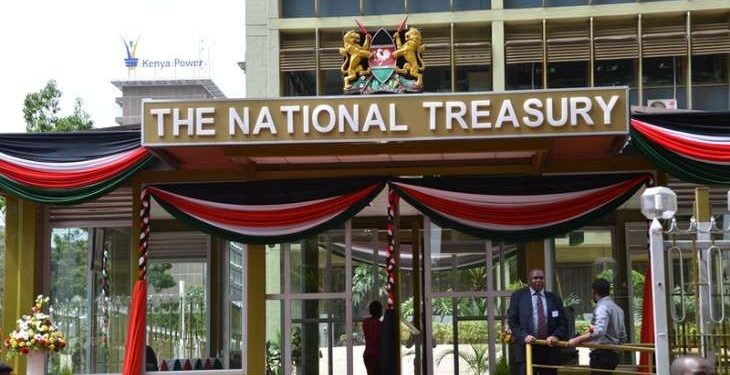The recently published Draft Financial Markets Conduct Bill 2018 has been met with criticism, with the Central Bank of Kenya (CBK) governor Dr Njoroge terming it as a threat to the institution.
“This Bill does not deal with the fundamental issues that led to the rate cap. In our view, It is a step in the wrong direction. […],” he added during the Monetary Policy Committee press briefing last week.
In response to the comments made, Treasury has said that the Bill merely aims to make lending practices fair. In addition, Director General for Economic Affairs Geoffrey Mwau said the Bill is not final and the public has had a chance to give its feedback. He also said Treasury decided to regulate lenders before handling the interest rate capping law.
The Bill has also proposed the establishment of new regulatory bodies, a move that could cause a conflict of roles.
“The bill emasculates the Central Bank and stripping down powers and indeed other things as well,” Dr Njoroge said.
A Well-Intentioned but Misguided Regulation
The lending sector in Kenya is on a growing trend with mobile lending platforms becoming popular, convenient, and easy tools for accessing credit.
Therefore, Africa Asset Managers investment analyst Daniel Kuyoh is of the opinion that this convenience should not be interrupted even as the list of defaulters at the Kenya Credit Reference Bureau continues to grow.
“These mobile loans provide a bridge financing for individual households and bottom of the pyramid traders for their working capital needs and by frustrating that flow and access, the government may be shooting itself in the foot,” he said.
According to data from the Transunion Credit Reference Bureau, 500,000 people are blacklisted with CRBs. The number has risen from 150,000 three years ago. Moreover, a survey conducted by Financial Sector Deepening Kenya discovered Kenyans mainly borrow digitally to finance businesses and day-to-day needs.
Unfortunately, these loans come at high interest rates and with a high risk of defaulting which is why the CBK governor has advocated for the regularisation of fintech lenders. But perhaps this Bill is the not the way to go because as Joseph Githaiga, an associate director at PWC’s tax department mentions, the regulation risks stifling innovation.
“Under such a regime, innovations such as M-Pesa would most likely not have succeeded. This would have an overall negative impact on low-income consumers who rely on innovative financing models to gain access to credit and other financial products,” he said.
“[The Bill] repeals certain positions under the Banking Act such as approval of fees and charges which really leaves bank customers back at the will of banks.”




